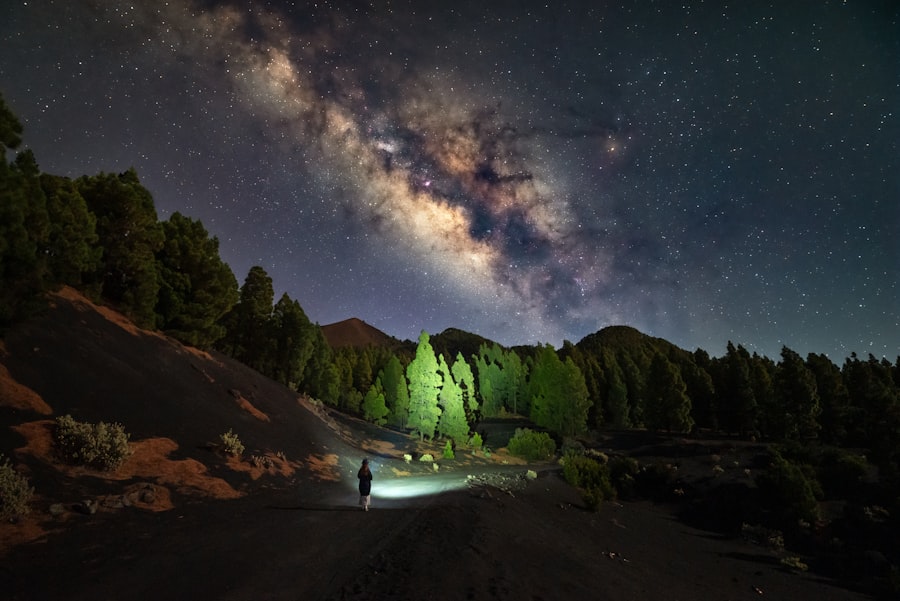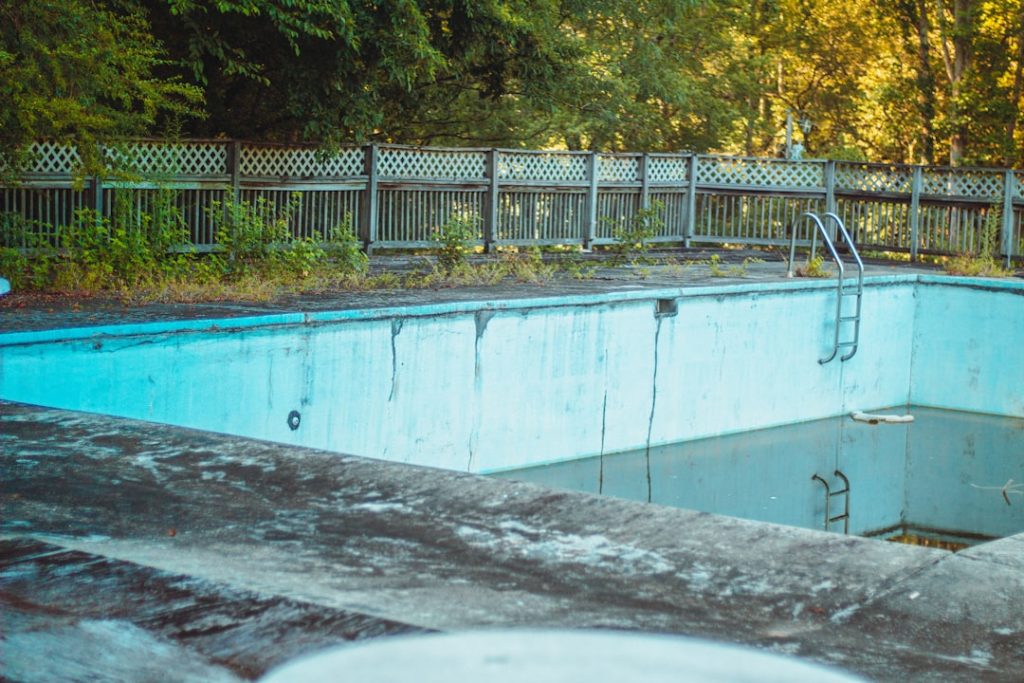Space Camp Adventure is an immersive educational program designed to inspire young minds through hands-on experiences related to space exploration, science, technology, engineering, and mathematics (STEM). Located primarily at the U.S. Space & Rocket Center in Huntsville, Alabama, this program offers participants a unique opportunity to engage in activities that simulate real-life astronaut training.
The camp caters to children and teenagers, typically ranging from ages 9 to 18, and provides a platform for them to explore their interests in space and science in a fun and engaging environment. At Space Camp Adventure, participants are not merely passive learners; they are active participants in their own education. The program includes a variety of simulations, workshops, and team-building exercises that encourage collaboration and critical thinking.
From building and launching model rockets to participating in simulated space missions, campers are immersed in an environment that fosters curiosity and innovation. The camp’s curriculum is designed to align with educational standards while also sparking a passion for space exploration and scientific inquiry.
Key Takeaways
- Space Camp Adventure is an immersive educational program that simulates astronaut training and space exploration experiences for participants of all ages.
- The History of Space Camp dates back to 1982 when the first camp was held at the U.S. Space & Rocket Center in Huntsville, Alabama.
- Activities and Experiences at Space Camp include simulating space missions, training in simulators, and learning about space exploration and technology.
- Space Camp is important for education as it provides hands-on learning experiences in science, technology, engineering, and mathematics (STEM) fields.
- To prepare for Space Camp, participants should familiarize themselves with basic space and astronaut knowledge, and be physically and mentally prepared for the challenges of the program.
The History of Space Camp
The inception of Space Camp can be traced back to 1982 when it was established by the U.S. Space & Rocket Center as a means to promote interest in space and science among young people. The program was born out of a desire to inspire the next generation of scientists, engineers, and astronauts during a time when the United States was heavily invested in space exploration, particularly following the Apollo missions and the early years of the Space Shuttle program.
The camp quickly gained popularity, attracting children from across the nation and eventually from around the world. Over the years, Space Camp has evolved significantly. Initially focused on basic astronaut training simulations, the program has expanded its offerings to include specialized camps such as Robotics Camp, Aviation Challenge, and Advanced Space Academy.
Each of these programs is tailored to different age groups and interests, allowing participants to delve deeper into specific areas of space science and technology. The camp’s growth reflects broader trends in education and technology, as it adapts to incorporate new scientific discoveries and advancements in aerospace engineering.
Activities and Experiences at Space Camp

The activities at Space Camp Adventure are designed to be both educational and exhilarating. One of the hallmark experiences is the multi-day simulation of a space mission, where campers are divided into teams that take on various roles such as mission commander, pilot, or payload specialist. This simulation involves real-time problem-solving and decision-making under pressure, mirroring the challenges faced by astronauts during actual missions.
Participants must work together to complete objectives, such as conducting experiments or navigating spacecraft systems, fostering teamwork and communication skills. In addition to mission simulations, campers engage in hands-on workshops that cover a wide range of topics related to space science. For instance, they might participate in rocket-building sessions where they learn about aerodynamics and propulsion before launching their creations into the sky.
Other activities include robotics challenges that teach programming skills and engineering principles through building and programming robots for specific tasks. These experiences not only enhance technical knowledge but also encourage creativity and innovation as campers design solutions to complex problems.
The Importance of Space Camp for Education
| Metrics | Data |
|---|---|
| Number of Participants | Over 750,000 students have attended Space Camp since its inception |
| Impact on STEM Education | 85% of Space Camp graduates pursue a college degree in a STEM field |
| International Reach | Space Camp has hosted students from over 150 countries |
| Hands-on Learning | Participants engage in simulated space missions and astronaut training activities |
| Partnerships | Collaborations with NASA and other space agencies enhance the educational experience |
Space Camp plays a crucial role in promoting STEM education among young people. By providing an engaging environment where students can explore scientific concepts through practical applications, the camp helps bridge the gap between theoretical knowledge and real-world experiences. This hands-on approach is particularly effective in fostering a deeper understanding of complex subjects such as physics, engineering, and mathematics.
Research has shown that experiential learning can significantly enhance retention rates and stimulate interest in STEM fields. Moreover, Space Camp encourages participants to develop critical soft skills that are essential for success in any career path. Skills such as teamwork, leadership, communication, and problem-solving are emphasized throughout the camp experience.
As campers collaborate on projects and navigate challenges together, they learn how to work effectively with others—an invaluable asset in today’s increasingly collaborative work environments. The camp also instills a sense of confidence in participants as they tackle new challenges and push their boundaries.
How to Prepare for Space Camp
Preparing for Space Camp Adventure involves several steps to ensure that participants make the most of their experience. First and foremost, prospective campers should familiarize themselves with the camp’s schedule and activities. Understanding what to expect can help alleviate any anxiety about attending a new program.
Additionally, reviewing the packing list provided by the camp is essential; it typically includes items such as comfortable clothing, personal toiletries, and any necessary medications. Another important aspect of preparation is setting personal goals for the camp experience. Participants should think about what they hope to achieve during their time at Space Camp—whether it’s gaining new knowledge about space science, making new friends, or developing specific skills like leadership or teamwork.
Engaging in pre-camp activities such as reading books about space exploration or watching documentaries can also enhance their understanding and excitement about the subject matter. Finally, maintaining an open mind and a positive attitude will help campers embrace new experiences and challenges throughout their journey.
The Impact of Space Camp on Participants

The impact of Space Camp on participants can be profound and long-lasting. Many alumni report that their experiences at camp ignited a passion for science and technology that influenced their educational and career choices. For some, attending Space Camp was a pivotal moment that solidified their desire to pursue careers in aerospace engineering, astrophysics, or other STEM-related fields.
The camp’s emphasis on hands-on learning allows participants to see the practical applications of their studies, making science feel more relevant and accessible. Beyond academic pursuits, Space Camp fosters personal growth among its participants. Many campers develop lifelong friendships with peers who share similar interests, creating a supportive community that extends beyond the camp experience.
The challenges faced during simulations often lead to increased self-confidence as campers learn to trust their abilities and make decisions under pressure. This sense of accomplishment can translate into other areas of life, empowering individuals to take on new challenges with resilience and determination.
Future Opportunities for Space Camp Graduates
Graduates of Space Camp Adventure often find themselves well-prepared for future opportunities in various fields related to science and technology. Many alumni go on to pursue higher education in STEM disciplines at prestigious universities, where they continue to build on the foundation laid during their time at camp. Some even secure internships or co-op positions with organizations involved in aerospace research or engineering, providing them with valuable real-world experience before entering the workforce.
In addition to academic pursuits, former campers frequently engage with organizations that promote STEM education or space exploration initiatives. Many alumni become advocates for science education in their communities or participate in outreach programs aimed at inspiring younger students. Some even return to Space Camp as counselors or instructors, sharing their knowledge and experiences with the next generation of aspiring scientists and engineers.
This cycle of mentorship not only enriches the camp community but also helps sustain interest in STEM fields among young people.
How to Get Involved with Space Camp
Getting involved with Space Camp Adventure can take many forms beyond simply attending as a participant. For those interested in supporting the program or contributing to its mission, there are several avenues available. One option is volunteering at local events or outreach programs organized by the U.S.
Space & Rocket Center or affiliated organizations. Volunteers play a vital role in helping facilitate educational activities that promote interest in space science among young audiences. Additionally, individuals can consider making financial contributions or donations to support scholarships for underprivileged students who wish to attend Space Camp but may lack the resources to do so.
Many organizations offer sponsorship opportunities that help ensure that all interested students have access to this transformative experience regardless of their financial situation. Engaging with social media platforms or community groups focused on space exploration can also provide opportunities for networking with like-minded individuals who share a passion for STEM education. In conclusion, Space Camp Adventure serves as a beacon of inspiration for young minds eager to explore the wonders of space science and technology.
Through its rich history, diverse activities, educational impact, and opportunities for involvement, it continues to shape the future of aspiring scientists and engineers around the globe.


